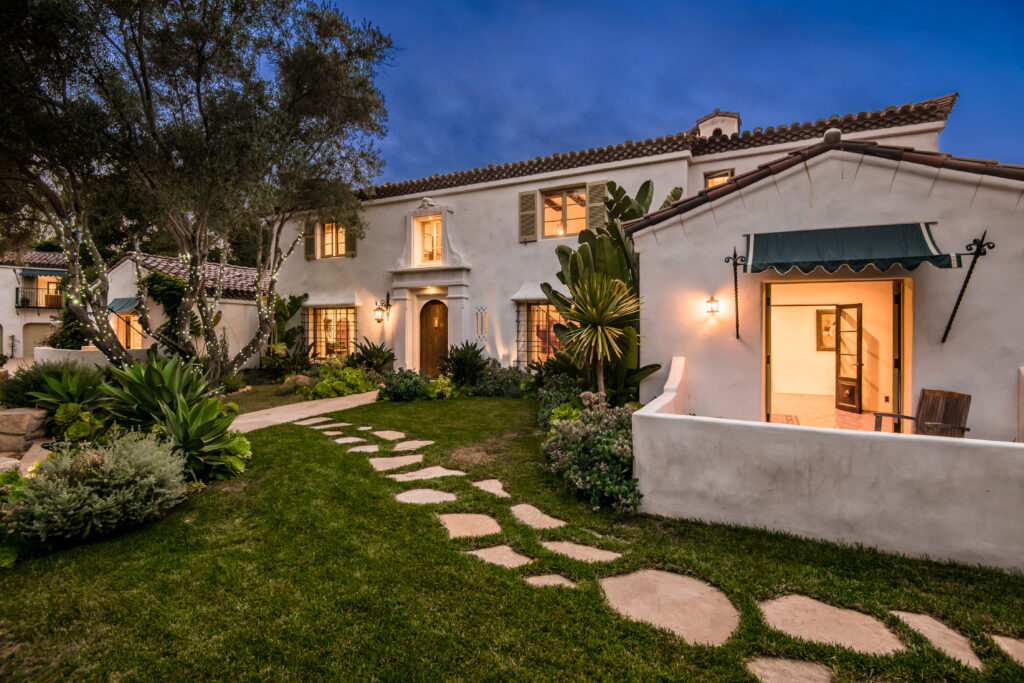Vancouver Landlord Speaks Out: Is Running an Airbnb Really Better Than Long-Term Renting? Or Just More Hassle?

Even for those who don’t follow the rental market closely, you’ve probably heard that British Columbia has introduced several measures to crack down on short-term rental platforms like Airbnb—especially the rule that non-primary residences cannot be used for short-term rentals, which has drastically reduced the number of legal Airbnb listings.
Additionally, the City of Vancouver has raised the short-term rental license fee from $125 to a staggering $1,000, with potential for further increases. This seems to signal one thing: short-term rentals might be more profitable than long-term leases.
🔹 But is that really true? Is running an Airbnb exhausting? Is the business actually good?
I’ve been operating an Airbnb from September 2023 to September 2024, and based on my personal experience, I’d like to answer some common questions for those considering becoming a host.
🔹 Short-term rentals can earn more than long-term ones—if priced right
Media reports have claimed that for the same unit type, annual revenue from short-term rentals can be 20%–50% higher than long-term leases. After one year of hosting, I find this to be true—as long as the pricing is set properly.
Airbnb provides smart pricing suggestions based on nearby listings. Take my basement suite near UBC for example:
It’s under 400 square feet, with a private kitchen and bathroom. Even though it’s in a “school zone,” long-term rental rates rarely exceed $1,300/month. Over the past year, my Airbnb brought in $22,000, averaging nearly $2,000/month. After accounting for cleaning time and effort, I still made more than I would have through long-term rental. With experience, each cleaning session now takes me just about 30 minutes, so it’s really not that time-consuming.
🔹 Airbnb’s biggest advantage: flexibility
Many potential landlords think: Sure, Airbnb pays more, but all the cleaning is such a hassle—it’s easier to find a tenant and be done with it. That might be true if you’re lucky enough to find a responsible long-term tenant.
However, in BC’s tenant-friendly market, long-term leases can become complicated. Even if you want to move back into your own unit or rent it out to someone else, you might find it legally impossible to evict a tenant quickly.
Airbnb doesn’t have that issue. You can set maximum stay lengths, block off specific dates, or adjust prices anytime. The flexibility is a major advantage.
🔹 Small units rarely attract “problem guests”
For many landlords, the biggest fear isn’t profit—it’s having a “bad tenant” who damages the property. That said, most problem cases involve entire homes rented for parties.
If you’re only renting out a room or suite, and you live in the same house, this is rarely an issue. Personally, I had 150 bookings in a year, and only 3–5 guests left a mess—nothing worse than a stain or two. No serious damage.
🔹 Seasonality depends on your location and unit type
Whether there’s a clear “off-season” really depends on your area. For example, at UBC, there’s no distinct low season—there are tourists in the summer, and visiting professors or parents in the fall. Christmas tends to be quiet, but for larger units, business booms during summer, winter, and spring breaks.
From my experience and other hosts I’ve spoken with, November and February are typically the slowest months in Vancouver due to rain and their position between major holidays.
🔹 What if there’s a dispute?
Airbnb’s two-way review system is a great tool for conflict resolution. Both hosts and guests can rate each other, and bad behavior leaves a trace. If a guest has a “black mark” on their history, it can affect future bookings. On the flip side, hosts are held accountable too.
When disputes arise, contact Airbnb’s customer support. Both parties present their evidence, and the support team will make a decision.
🔹 Which guests are the best—and which are the hardest to deal with?
Once you’ve hosted enough, you’ll notice clear differences based on ethnicity and age.
In my experience, the most difficult guests have been middle-aged American women, especially white women, who tend to be extremely nitpicky. Second worst: Black guests—though it may sound sensitive to say, the only two unreasonable complaints I’ve received were from Black guests.
On the other hand, older Canadians and Western Europeans are the most respectful. They keep things tidy and are very courteous. Asian guests are a mixed bag, but generally speaking, 95% of all my guests have been no trouble at all.

